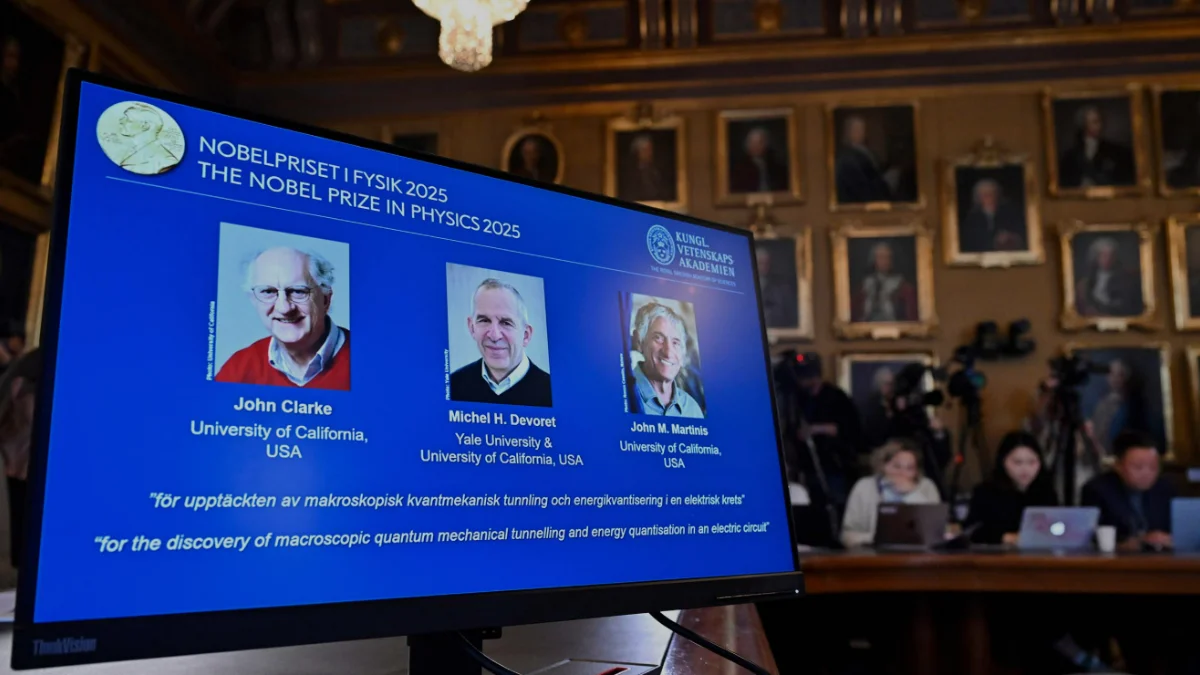John Clarke: Nobel Laureate in Physics for Quantum Tunneling Breakthrough
Introduction
On October 7, 2025, John Clarke, an emeritus professor of physics at the University of California, Berkeley, was awarded the Nobel Prize in Physics. He shared this honor with Michel H. Devoret (Yale University and UC Santa Barbara) and John M. Martinis (UC Santa Barbara) for their pioneering work in demonstrating macroscopic quantum mechanical tunneling and energy quantization in electric circuits.
Background and Early Research
In the mid-1980s, Clarke's laboratory at UC Berkeley became the birthplace of a groundbreaking experiment. Collaborating with Devoret and Martinis, Clarke sought to explore the peculiar behaviors of quantum mechanics beyond the microscopic scale. Their research focused on the Josephson junction—a superconducting device consisting of two superconductors separated by a thin insulating barrier.
Ragini Das Joins Google as Head of Google for Startups India - A New Era for Indian Entrepreneurs
The trio's experiments revealed that these junctions could exhibit quantum phenomena such as tunneling and energy quantization on a macroscopic scale. This was a significant departure from the traditional view that quantum effects were confined to the atomic or subatomic levels.
Significance of Their Work
The implications of Clarke, Devoret, and Martinis' research were profound. By demonstrating that quantum mechanical properties could manifest in larger systems, they bridged the gap between theoretical quantum mechanics and practical applications. Their work laid the foundation for the development of quantum technologies, including:
-
Quantum Computing: The creation of qubits, the fundamental units of quantum computers, relies on principles demonstrated in their experiments.
-
Quantum Cryptography: Secure communication methods based on quantum principles have been made possible.
-
Quantum Sensors: Devices that utilize quantum effects to measure physical quantities with unprecedented precision.
Their findings have influenced widely used digital technologies, including the microchips in smartphones, highlighting the practical importance of their research.
Personal Reflections
Upon receiving the Nobel Prize, Clarke expressed a sense of humility and gratitude. "It's an honor to be recognized for work that began decades ago," he remarked. "This award reflects the collaborative spirit of scientific discovery."
His colleagues, Devoret and Martinis, also shared their appreciation for the recognition. Devoret noted, "Our work was a collective effort, and this acknowledgment is a testament to the power of collaboration in science."
Vedanta Demerger Deadline Pushed to March 2026 as Approvals Await
Conclusion
The 2025 Nobel Prize in Physics awarded to John Clarke, Michel H. Devoret, and John M. Martinis underscores the transformative impact of their research on the field of quantum mechanics. Their work has not only advanced our understanding of quantum phenomena but has also paved the way for the development of technologies that are shaping the future. As we continue to explore the quantum realm, the legacy of their contributions will undoubtedly inspire future generations of scientists.

